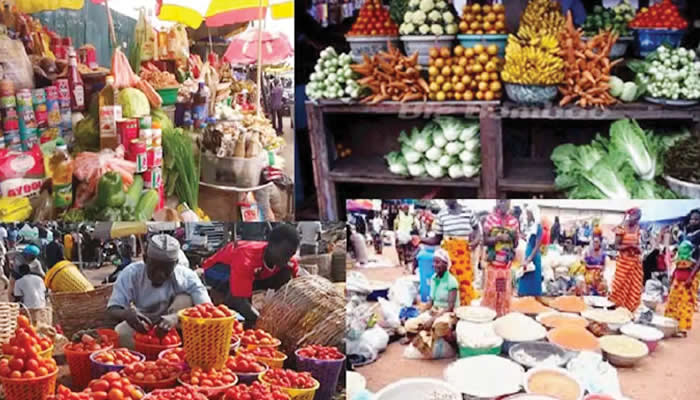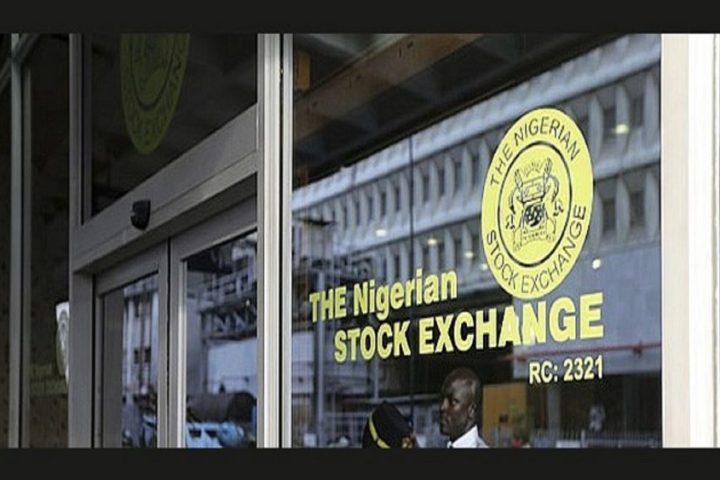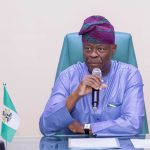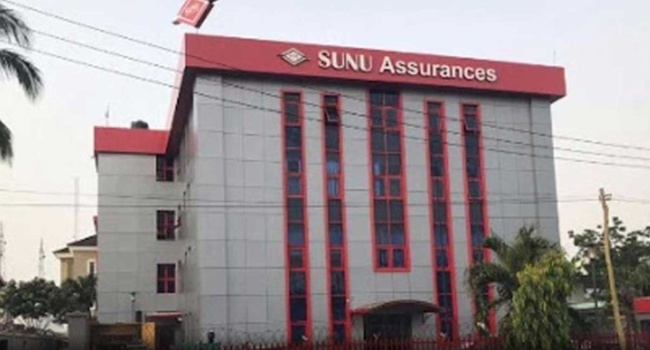Inflation Rate Surges, Triggering Food Price Hikes
Nigeria’s inflation rate hit 33.88% in October 2024, up from 32.70% in September, according to the latest Consumer Product Index report from the National Bureau of Statistics (NBS). The soaring inflation has sent shockwaves through markets, with many Nigerians accusing sellers of arbitrarily raising food prices.
“This is not just inflation; it is exploitation,” lamented Mrs. Funmi Adewale, a mother of three shopping at Oshodi Market. “I bought a small tuber of yam for N2,500 yesterday. The same tuber was N1,800 last week. How can the price jump like this?”
Join our WhatsApp ChannelSellers Blame Inflation, Buyers Cry Exploitation
Food sellers in markets across Lagos are justifying their price hikes, citing the rising inflation rate and transportation costs. However, buyers argue that these increases are often excessive and inconsistent.
At Oke Afa Market, Mr. Samuel Adedayo, a rice dealer, said, “We are struggling too. Transportation costs have gone up because of fuel prices. If I don’t increase my prices, I will run at a loss. ”
Yet, across the same market, another rice seller, Mrs. Ifeoma Akwe, was selling the same 50kg bag of rice for N96,000 while another job was selling at N105,000. This inconsistency has left many Nigerians questioning the integrity of market pricing.
“You can see the same item being sold for wildly different prices. This is unfair,” said Ms. Chioma Eze, a trader at Ikeja Market. “We need the government to set up a task force to regulate prices.”
Citizens Demand Government Intervention
The rising inflation rate has exacerbated existing economic pressures, particularly on low-income households. Mrs. Aminat Ibrahim, a shopper at Yaba Market, expressed frustration: “The government must act now. How can sellers use inflation as an excuse to extort us? There must be checks and balances. A single Sphagetti cost between N900 to N1,000 but you see other sellers selling for N1,300 to N1,500”
Economic experts agree with these sentiments. Dr. Ayodele Obadare, an economist, noted, “Price disparities in Nigerian markets are a symptom of weak regulatory oversight. While inflation is a legitimate concern, opportunistic pricing worsens the burden on citizens.”
READ ALSO: Nigeria’s Inflation Rate Hits 33.88% In October Following Fuel Price Spike
Experts Weigh in on the Inflation Crisis
Dr. Obadare emphasised the need for urgent government action. “A task force dedicated to monitoring and regulating market prices could mitigate some of these issues. Sellers need to be held accountable for arbitrary price hikes,” he said.
Another economist, Mrs. Linda Chukwu, pointed to the deeper causes of inflation, including the removal of fuel subsidies, naira depreciation, and insecurity in agricultural regions. “While the government focuses on these macroeconomic issues, they must also address microeconomic practices that directly affect Nigerians,” she advised.
Inside the Markets: Stories of Struggle
At Oshodi Market, Mr. Tunde Fashola, a fish seller, revealed how inflation has impacted his business. “The cost of getting fish from the ports has tripled this year. Customers don’t understand that we also face higher costs,” he said.
However, customers like Mrs. Adewale remain unconvinced. “Even with higher transportation costs, how do you justify doubling the price of fish overnight? The Titus fish i bought for N2,200 last week, is been sold for N2,700 this week. Is that how fast prices are increased within one week?” she asked.
In Yaba Market, Mrs. Oluchi Nwankwo, a vegetable vendor, said she tries to keep her prices stable despite rising costs. “I understand people are suffering. If I raise my prices too much, no one will buy from me,” she explained.
Calls for a Pricing Task Force Grow Louder
The inconsistency in food prices across Lagos markets has amplified calls for government intervention. Many Nigerians believe a market task force could help standardise prices and curb exploitation.
“I think the government needs to intervene quickly,” said Mr. Bayo Ajayi, a shopper at Ikeja Market. “If they don’t, this price madness will get worse, especially as we approach the festive season.”
Dr. Chukwu suggested that the government establish a price monitoring system. “This system should include collaboration with market unions and stakeholders to set reasonable price ranges for essential goods,” she proposed.
The Road Ahead: Balancing Inflation and Regulation
The persistent rise in inflation, driven by factors like fuel price hikes, flooding, and insecurity, poses a complex challenge. While systemic economic reforms are essential, targeted interventions in market practices could provide immediate relief to Nigerians.
“Inflation is a tough beast to tame,” said Dr. Obadare. “But regulating market practices can alleviate the immediate suffering of Nigerians. The government must act now.”
As Nigeria grapples with its highest inflation rates in decades, citizens and experts alike are urging the government to address the dual challenges of economic reform and market regulation. Without swift action, the financial strain on Nigerians is likely to worsen.
Emmanuel Ochayi is a journalist. He is a graduate of the University of Lagos, School of first choice and the nations pride. Emmanuel is keen on exploring writing angles in different areas, including Business, climate change, politics, Education, and others.


















Follow Us